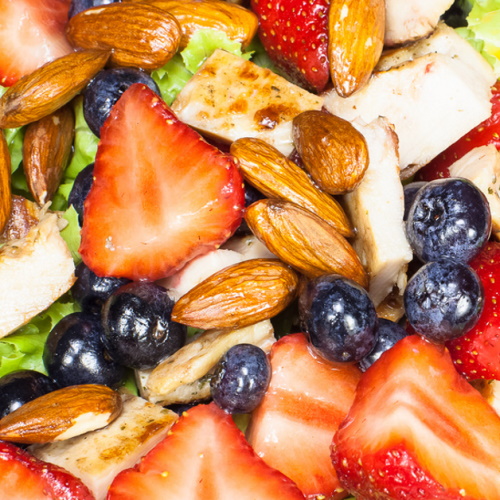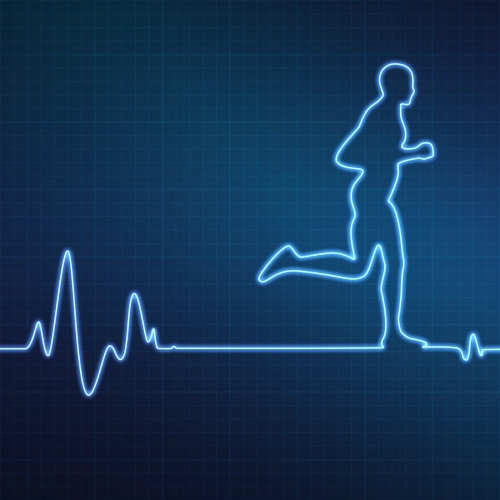Key points from article :
The study directly measured the energetic cost of chewing in humans and suggests it may have a crucial role in the evolution of human jaws, chewing muscles and teeth.
The speed at which we chew has much less of an effect on the energy exerted than the hardness of the material we chew.
15 women and 6 men aged between 18 and 45 were asked to chew two different types of odourless and tasteless gum: soft and stiff.
They then measured the volunteers’ energy expenditure when chewing.
When chewing the softer gum, their energetic expenditure increased by an average of 10.2% relative to their basal metabolic rate, rising to 15.1% above for the stiffer gum.
Scientists believe the ability to chew evolved in some vertebrates around 260 million years ago.
Adam van Casteren, lead author said: “We are the first to demonstrate... that the harder the material which is chewed, the higher the impact on the metabolic costs.
The study was carried out at The University of Manchester.






